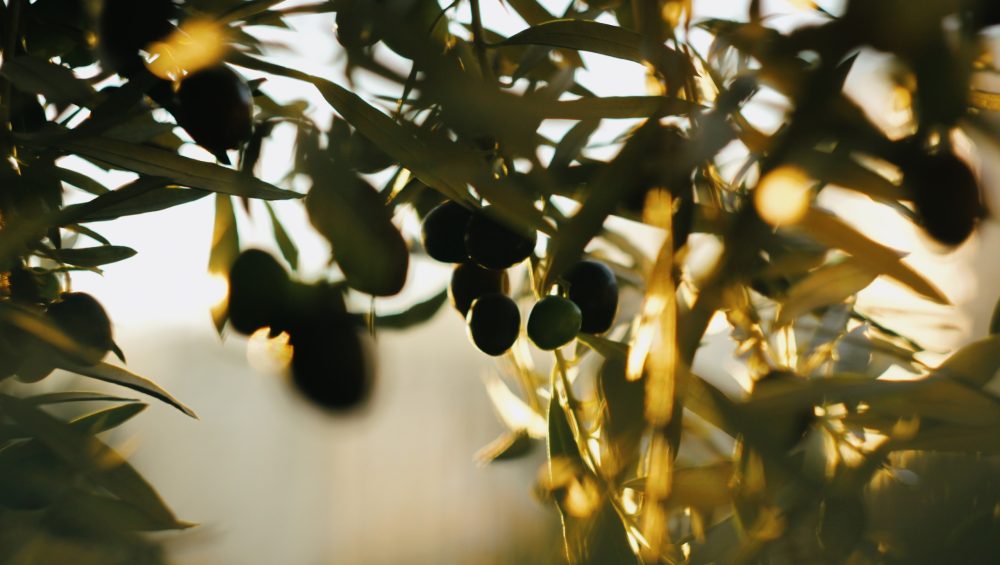Olive oil is not just a culinary staple but also a profound cultural and historical heritage. This precious liquid has been a part of human life since the earliest civilizations, transcending its role as a simple kitchen ingredient to become a powerful symbol. Revered as a source of healing, a sacred object, a trade commodity, and an aesthetic element, olive oil has had a fascinating journey through the ages.
The Origins of Olive Oil in Antiquity
The story of olive oil began around 6,000 years ago in the Mediterranean Basin, specifically in regions now known as Syria and Palestine. Early civilizations in these areas discovered ways to extract oil from olives. Initially, olive oil was not used for cooking but served as fuel for lamps, in skincare, and during religious rituals.
The civilizations of Ancient Greece and Rome played pivotal roles in refining and elevating olive oil. Homer referred to olive oil as “liquid gold,” while the olive tree itself was seen as a symbol of peace and wisdom. The olive wreaths presented to victors in the Olympic Games highlight its significant cultural value.
During the Roman Empire, olive oil became a cornerstone of vast trade networks. Major production centers were established in Italy, Spain, and North Africa. Specialized amphorae were used for storage and transport, enabling the oil to reach distant lands.
The Middle Ages: Olive Oil’s Journey Continues
Throughout the Middle Ages, olive oil retained its importance in Mediterranean cultures. In Europe, religious institutions and monasteries took responsibility for maintaining olive groves and used olive oil in sacred ceremonies. In Christianity, it served as holy anointing oil, while in Islamic traditions, olive oil was celebrated as a divine blessing mentioned in the Quran.
Beyond its religious significance, olive oil found applications in medicine. Medieval physicians used it to treat wounds, skin ailments, and various illnesses, cementing its reputation as a healing elixir.
The Evolution of Olive Oil in the Modern Era
The Industrial Revolution brought significant changes to the production and consumption of olive oil. Modern machinery allowed for faster and more efficient extraction processes. As a result, olive oil spread beyond the Mediterranean to regions such as America and Australia, where it began to be produced locally.
In the 20th century, olive oil emerged as a symbol of a healthy lifestyle. The Mediterranean diet, which prominently features olive oil, garnered global attention for its benefits to heart health and antioxidant properties. Today, olive oil is widely used not only as a cooking staple but also in the health and cosmetics industries.
Olive Oil as a Cultural Heritage
Olive oil’s recognition as cultural heritage stems from its enduring significance throughout history. As a cornerstone of Mediterranean cuisine, it has also been integral to traditions, rituals, and social bonds. In Turkey, for instance, olive harvest festivals and olive oil production processes celebrate this rich heritage.
Recognized by UNESCO as part of the Intangible Cultural Heritage of Humanity, olive oil production bridges the past and the present. These production methods encompass a spectrum from traditional techniques to modern innovations.
From antiquity to the present, olive oil has transcended its role as a mere food item to become a shared heritage of cultures and civilizations. Born from the fertile lands of the Mediterranean, this miraculous liquid continues to shape human history, health, and aesthetics.
Today, olive oil not only enhances our meals but also serves as a reminder of this invaluable legacy. By cherishing and preserving this golden liquid’s millennia-old story, we ensure its place in the future. Celebrate the abundance of the Mediterranean and the unique journey of olive oil by always making room for it at your table.











